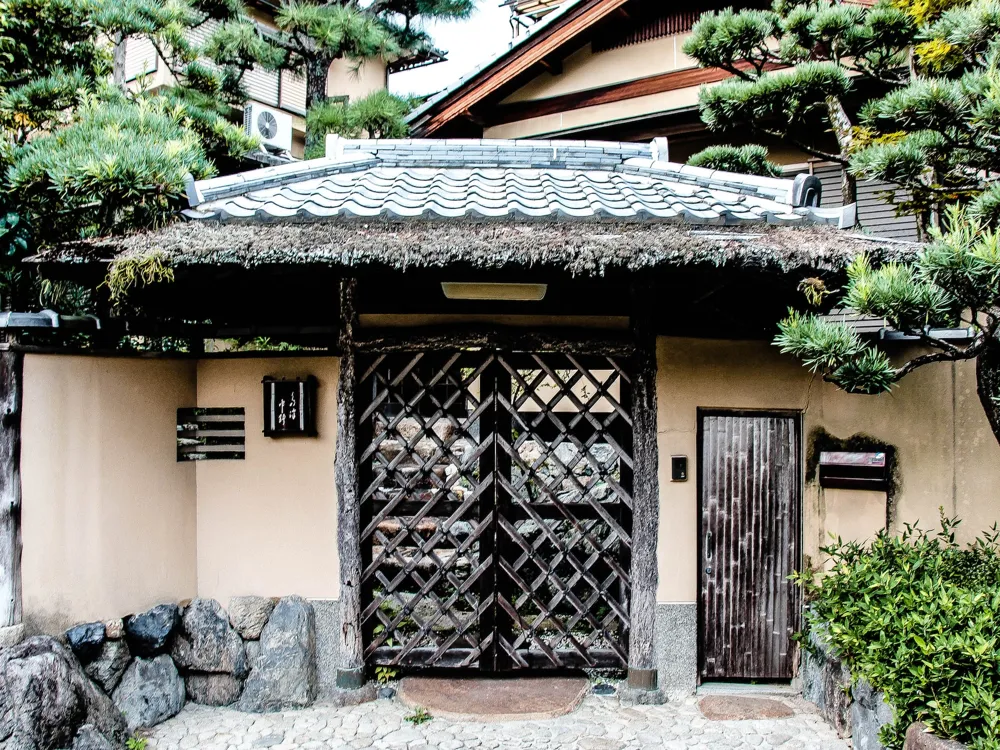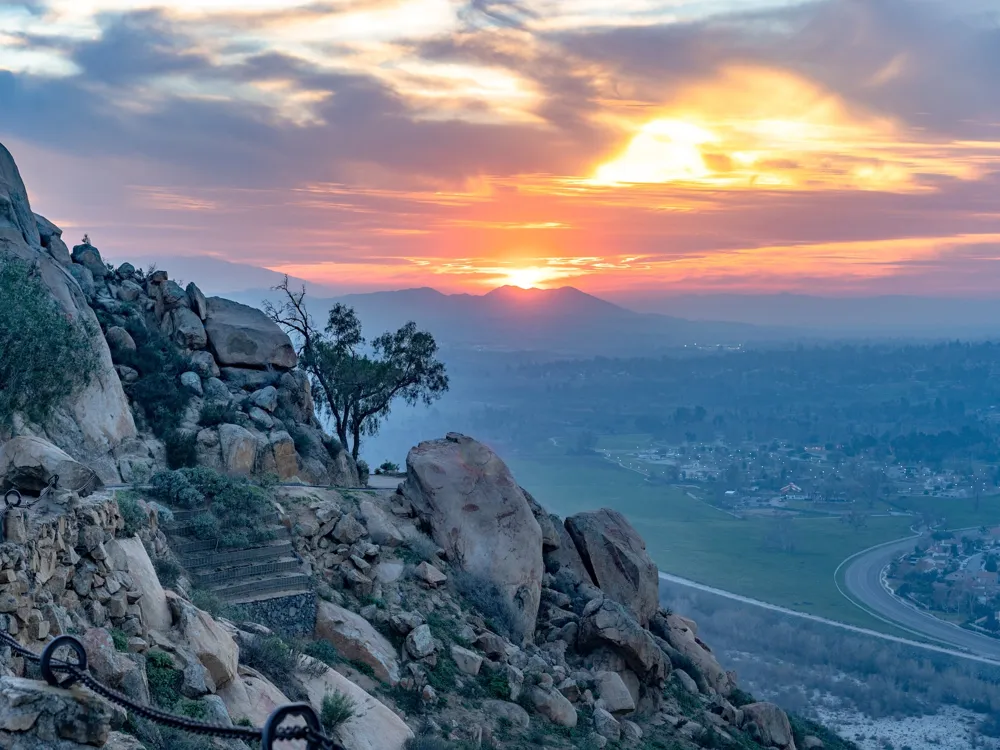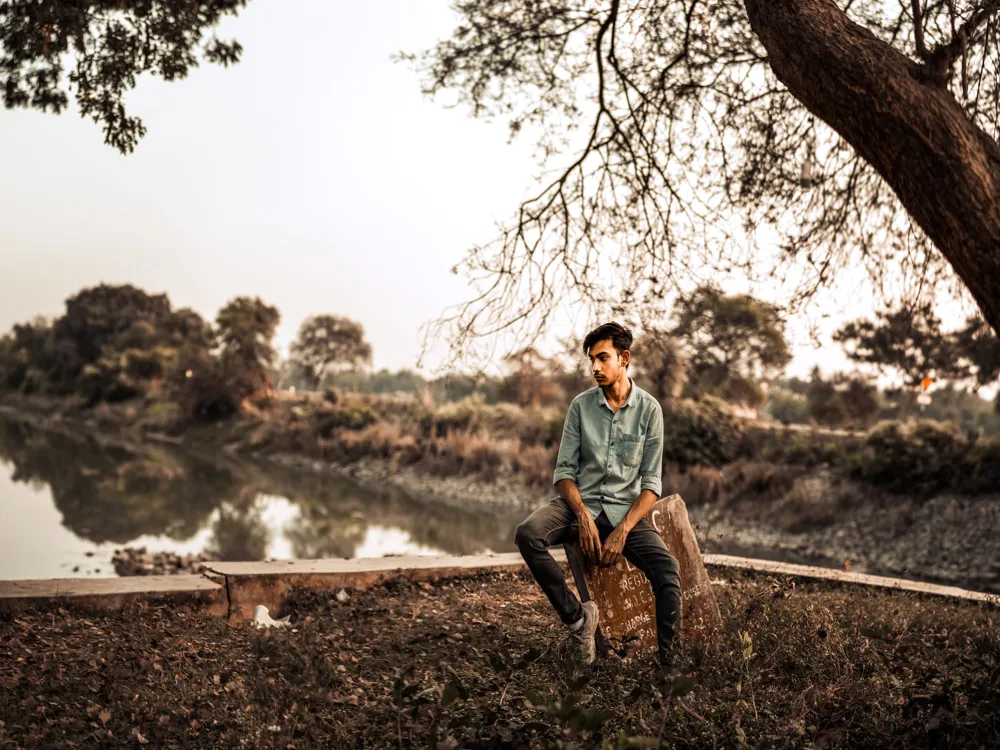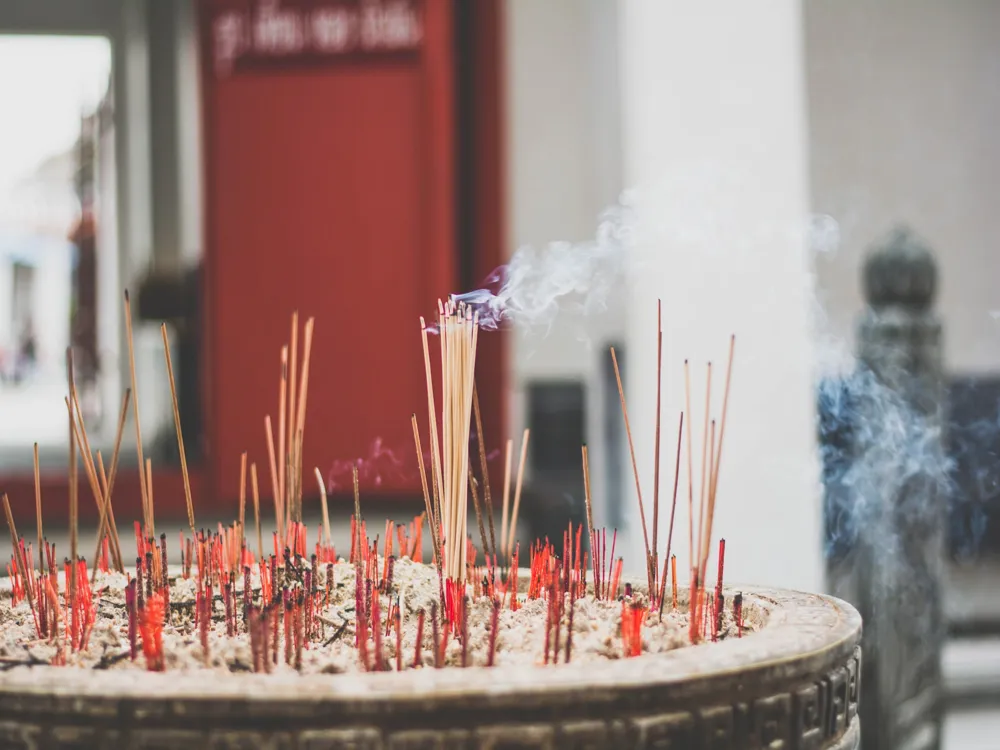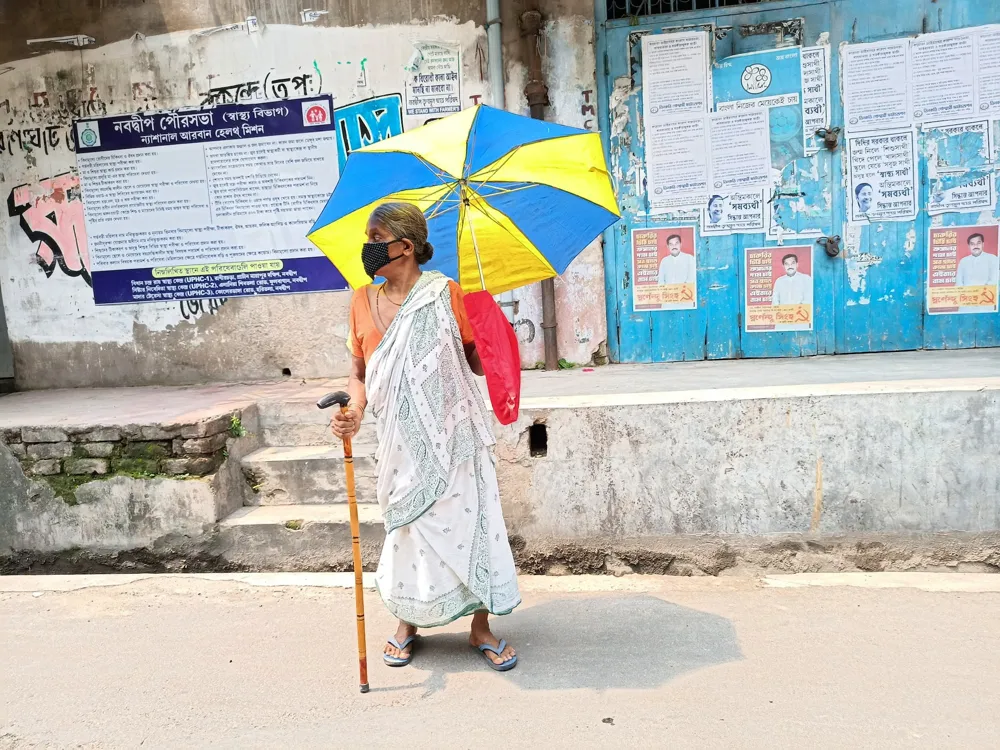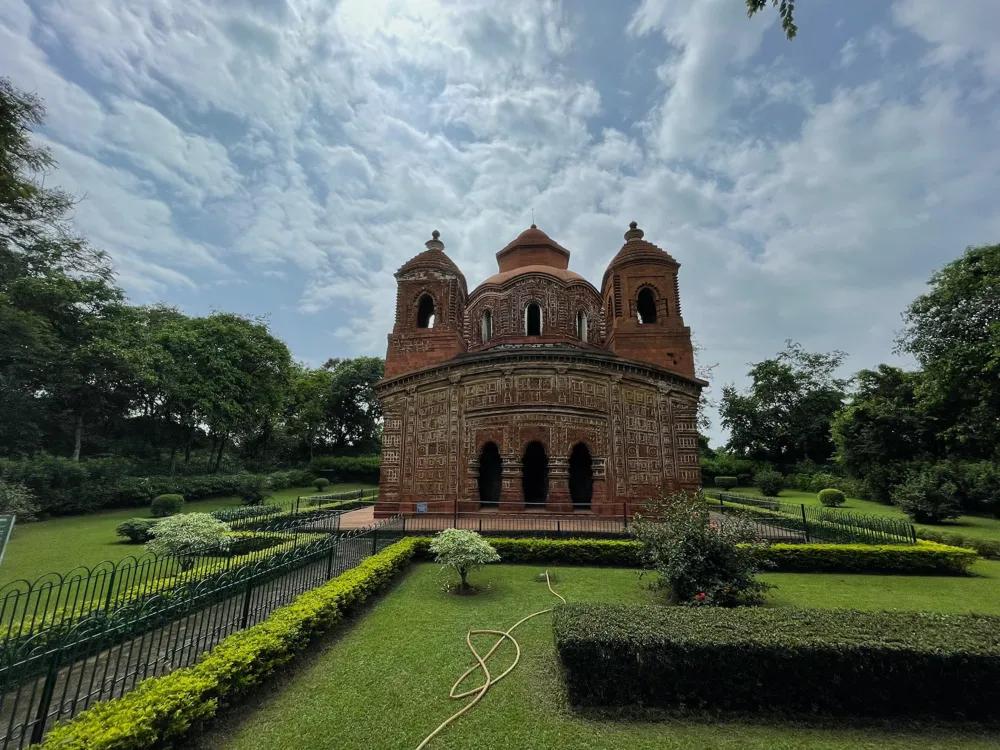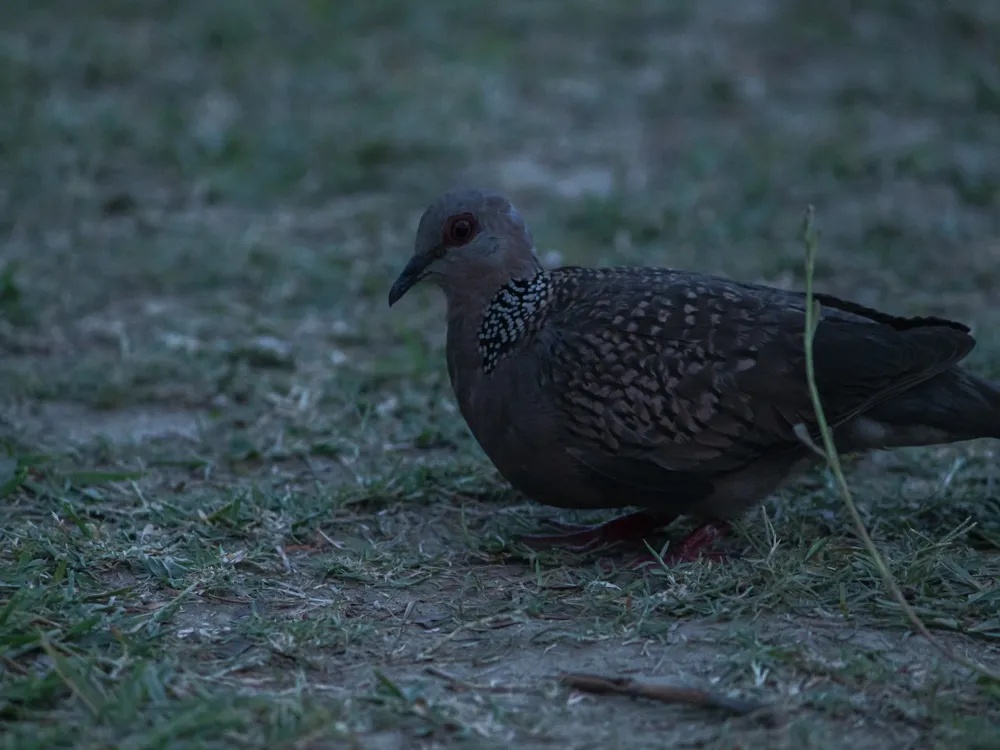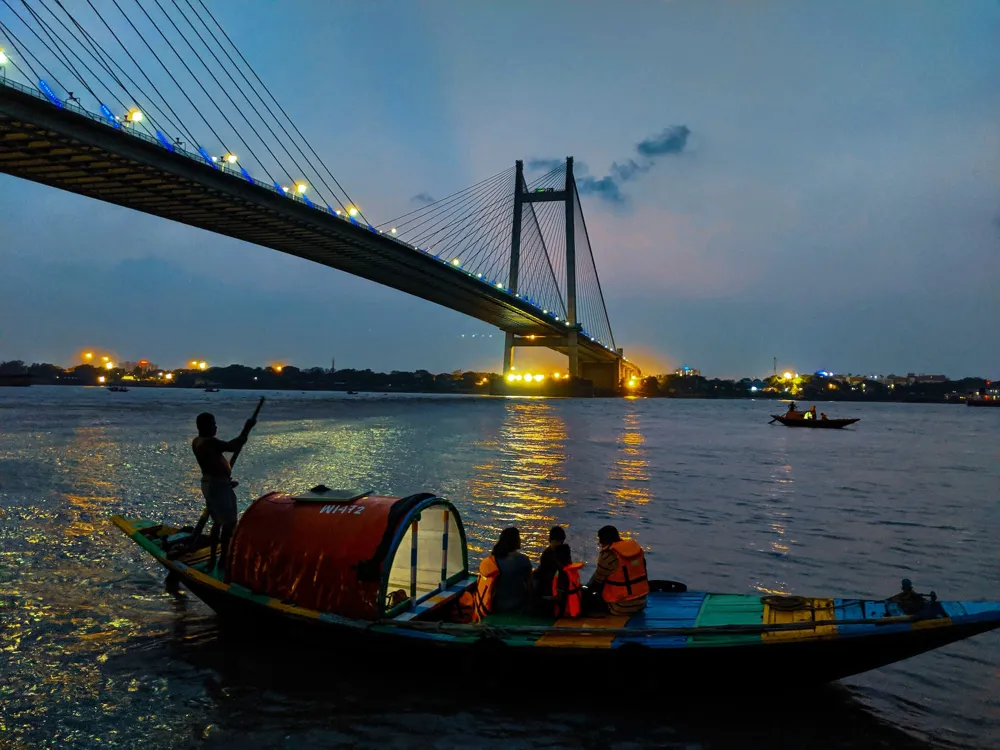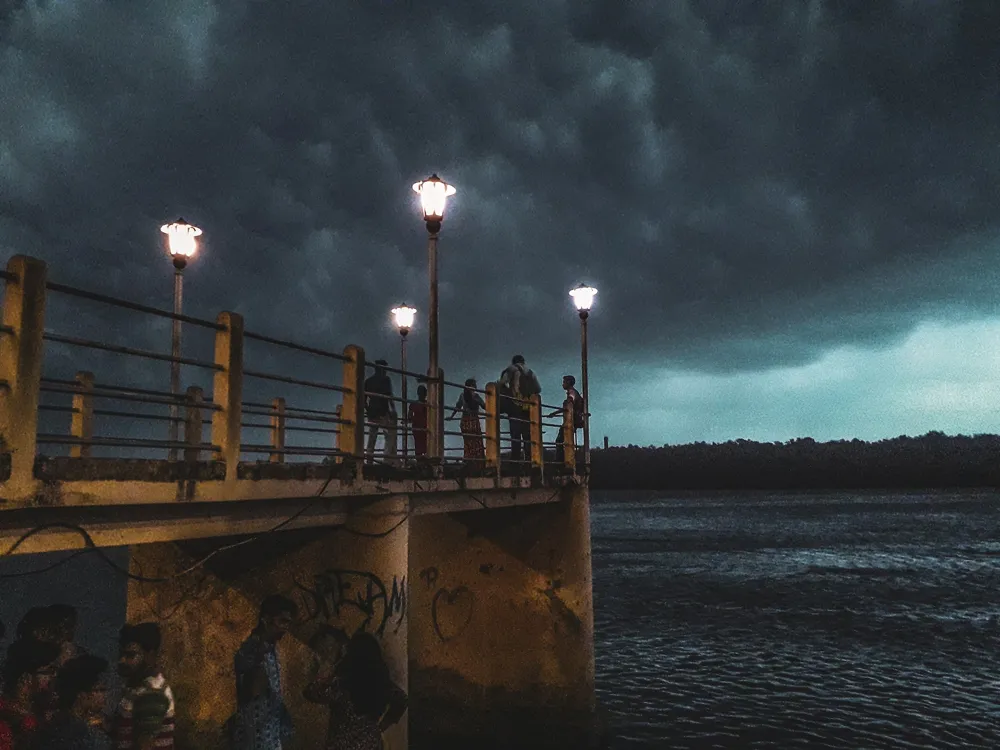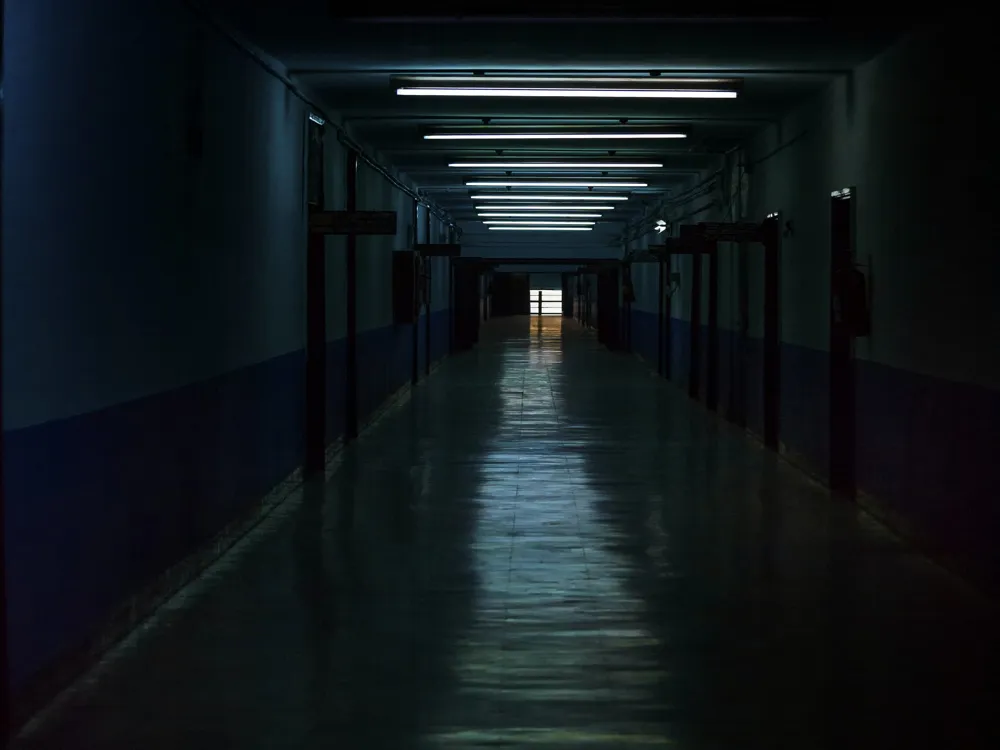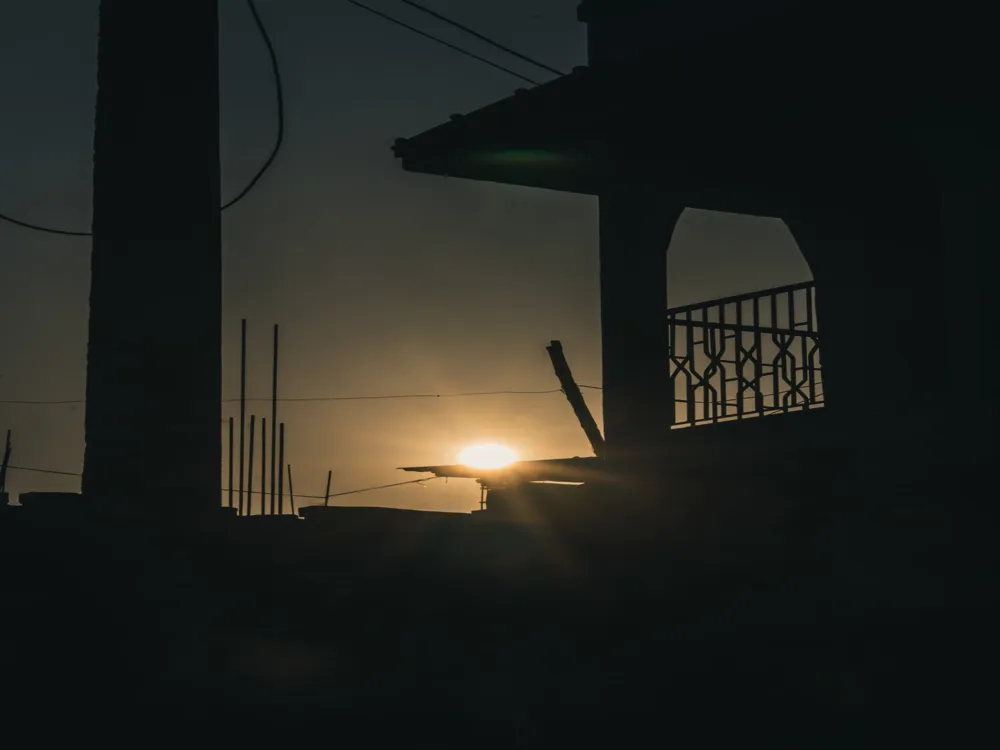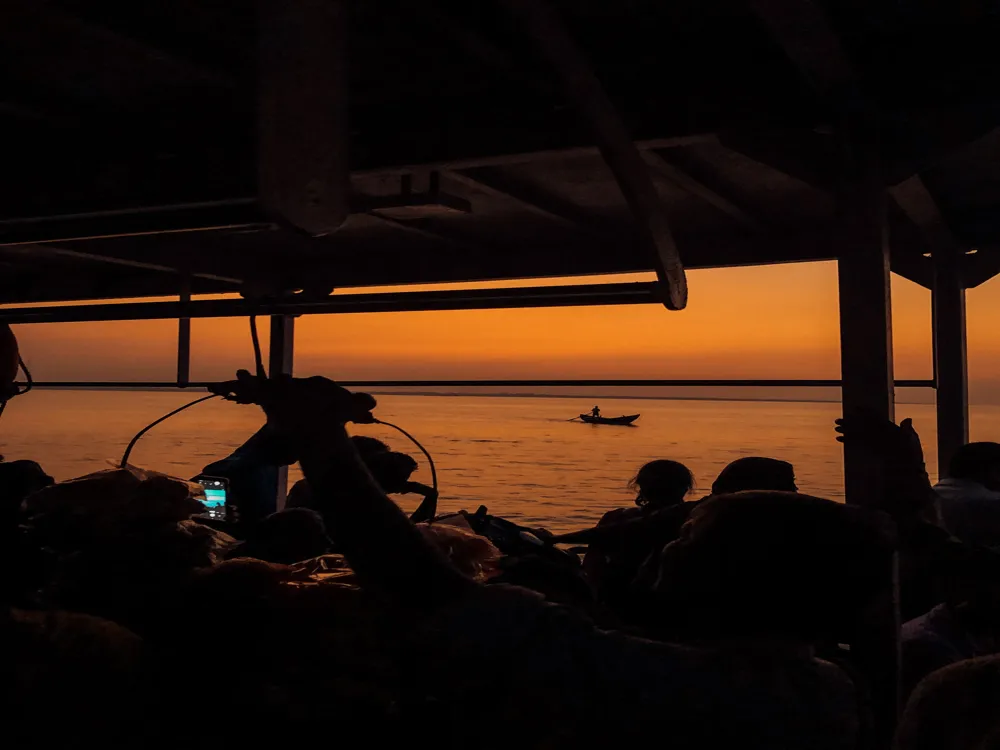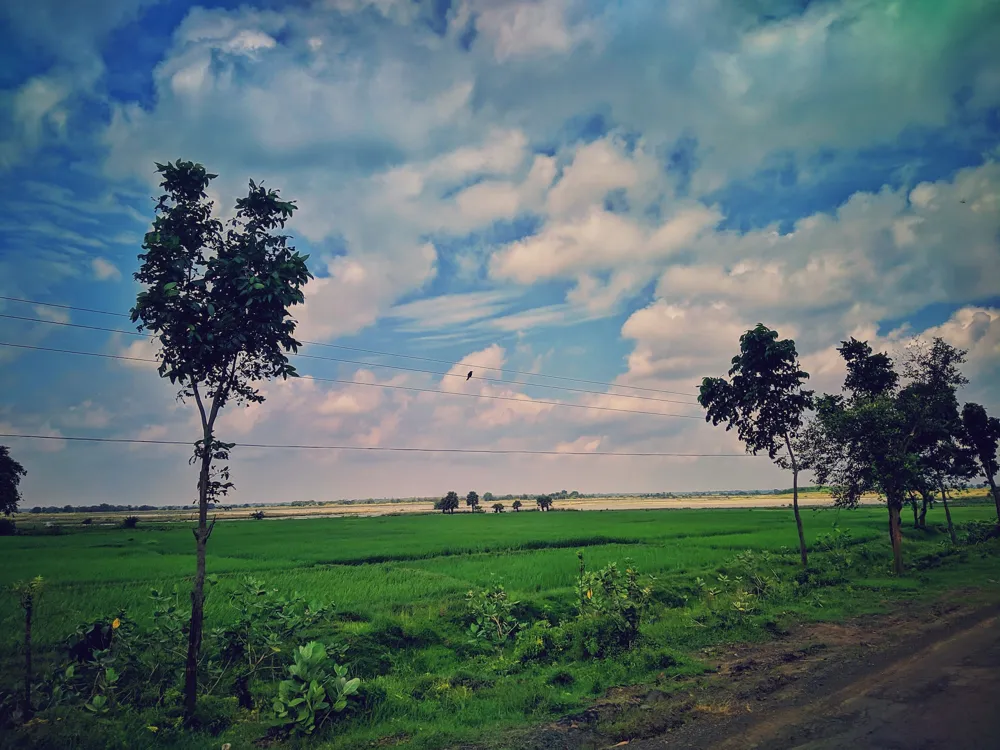The Damodar Riverside, situated in the culturally rich and historically significant district of Bardhaman in West Bengal, India, is a picturesque destination that beckons travelers with its serene beauty and unique environment. This idyllic riverside, set along the banks of the Damodar River, is not only a natural retreat but also a testament to the region's diverse ecological system. The river, often referred to as the 'Sorrow of Bengal' due to its flooding history, has played a vital role in shaping the area's agriculture and lifestyle. Exploring the Damodar Riverside offers an immersive experience into the heart of Bengal's rural landscape. The lush greenery, the tranquil flow of the river, and the rhythmic life of the local communities create an enchanting backdrop. The area is dotted with small villages and agricultural lands, showcasing traditional farming methods that have been passed down through generations. The Damodar Riverside serves not just as a geographical landmark but as a living narrative of the region's history, culture, and traditions. The architecture along the Damodar Riverside in Bardhaman is a harmonious blend of historical and contemporary styles, reflecting the area's rich cultural heritage and modern advancements. Traditional Bengali architecture, with its distinct features, is prominently visible in the residential structures and public buildings near the riverside. These structures often exhibit terracotta art, intricate wood carvings, and beautifully designed courtyards, which are hallmarks of classic Bengali design. Noteworthy architectural sites include ancient temples and zamindar (landlord) houses, which stand as relics of the region's feudal past. These buildings, some dating back to the Mughal and British eras, display a fusion of Indo-Saracenic and colonial architectural styles. The intricate artistry and craftsmanship evident in these structures speak volumes about the skilled artisans of the time. The riverside is also home to several Ghats (riverbanks), which are not only functional for daily use but also serve as social and cultural gathering spots for the local community. Visit during the cooler months from October to March for a pleasant experience. This period avoids the harsh summer heat and the monsoon season's heavy rains. Don't miss out on trying local Bengali delicacies, including fish dishes and sweet treats like roshogolla and mishti doi. Respect local customs and traditions. Dress modestly and be mindful of local sentiments, especially when visiting religious sites. Stay safe by following local advisories, especially regarding river activities. Avoid secluded areas after dark and always travel in groups. Reaching the Damodar Riverside in Bardhaman is convenient due to its well-connected transportation network. The nearest major city is Kolkata, from where Bardhaman can be reached by road or rail. Regular train services connect Bardhaman to various parts of West Bengal and other Indian states. Once in Bardhaman, local transportation options like buses, taxis, and auto-rickshaws are available to take you to the riverside. For those preferring to drive, the area is accessible via well-maintained roads that offer a scenic journey through the Bengal countryside.Overview of Damodar Riverside in Bardhaman, West Bengal
Architecture of Damodar Riverside
Tips When Visiting Damodar Riverside
Best Time to Visit
Local Cuisine
Cultural Etiquette
Safety Tips
How To Reach Damodar Riverside
Damoder Riverside
Bardhaman
West Bengal
NaN onwards
View bardhaman Packages
Bardhaman Travel Packages
View All Packages For Bardhaman
Top Hotel Collections for Bardhaman

Private Pool

Luxury Hotels

5-Star Hotels

Pet Friendly
Top Hotels Near Bardhaman
Other Top Ranking Places In Bardhaman
View All Places To Visit In bardhaman
View bardhaman Packages
Bardhaman Travel Packages
View All Packages For Bardhaman
Top Hotel Collections for Bardhaman

Private Pool

Luxury Hotels

5-Star Hotels

Pet Friendly









